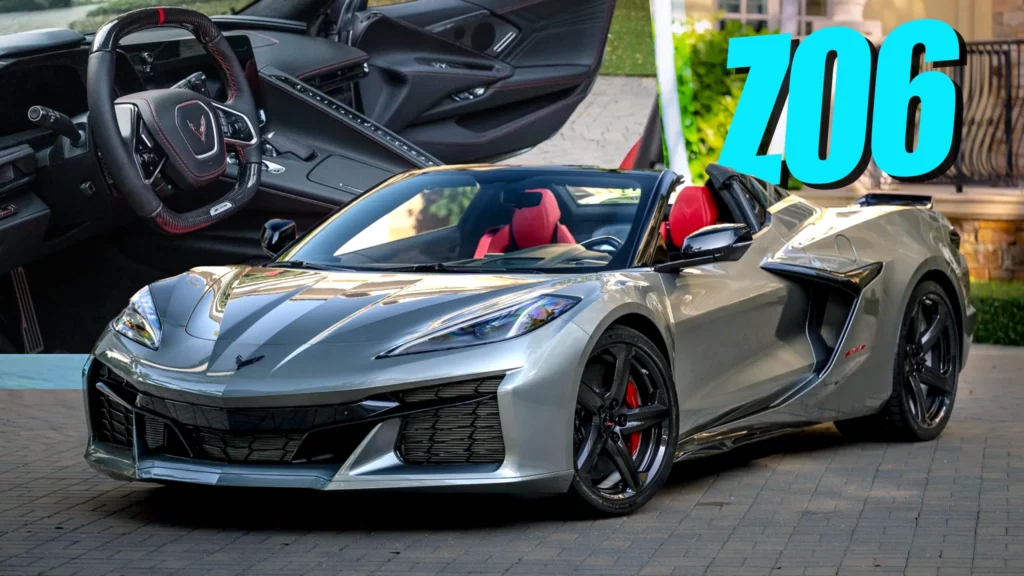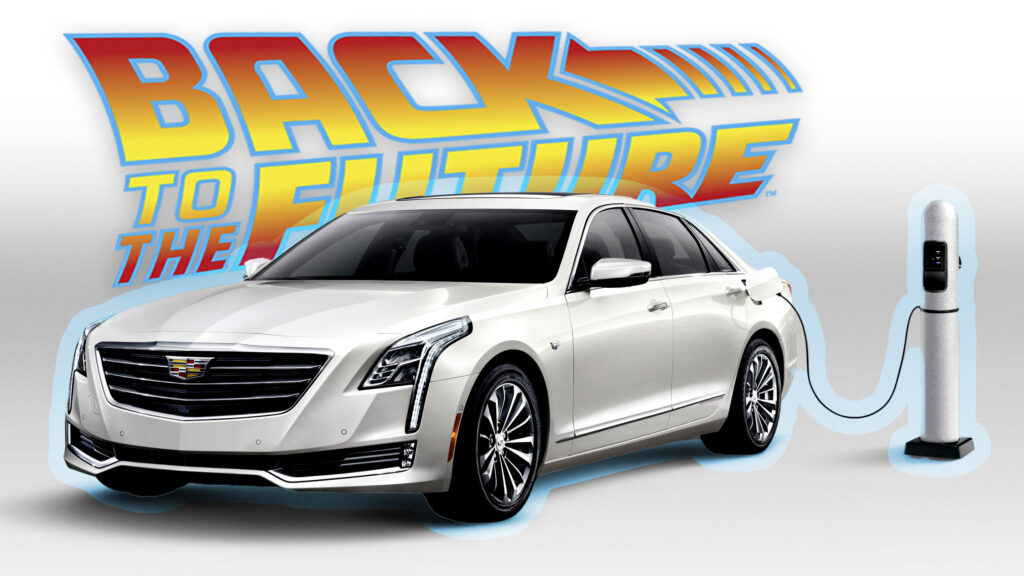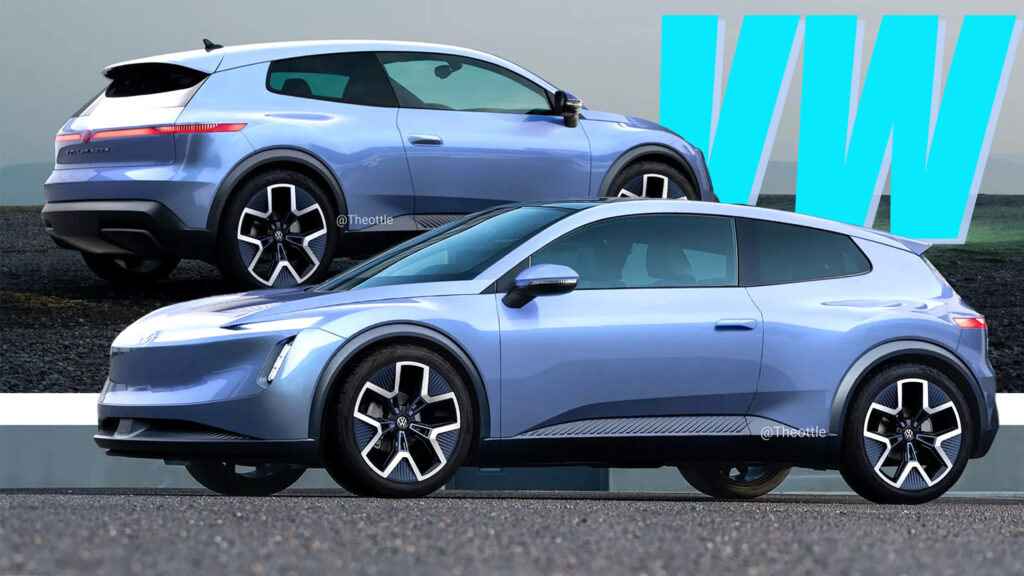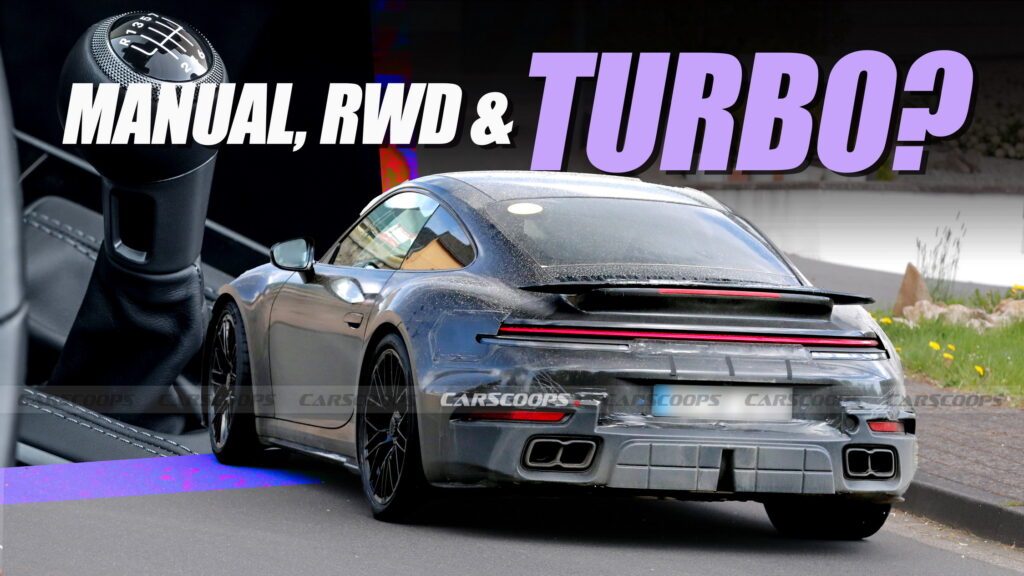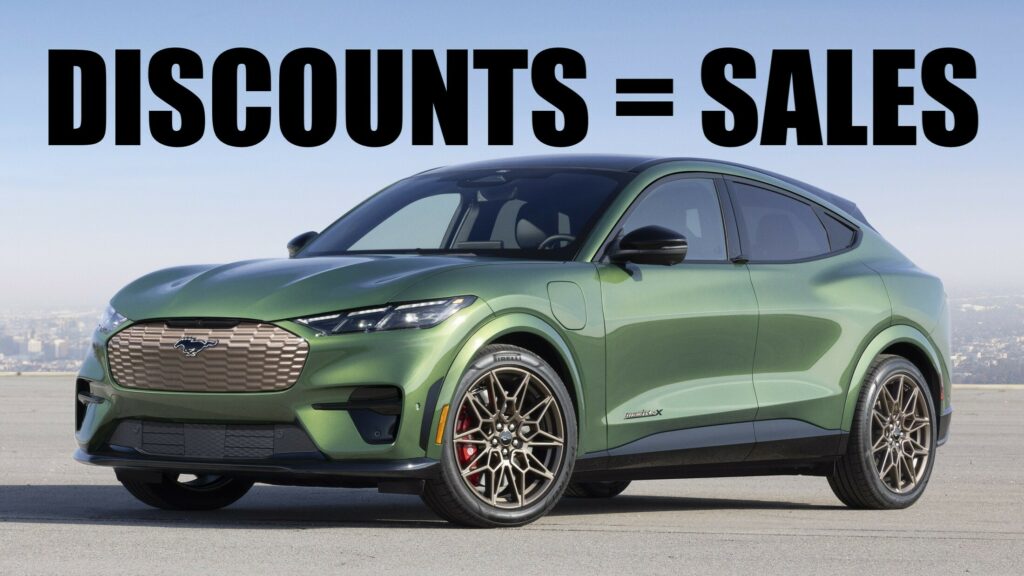- In order to clear out 2023 inventory, Ford announced discounts of up to $8,100 on the Mustang Mach-E.
- The discounts have really worked, and sales of the electric crossover have increased by as much as six times in recent weeks.
- Although it proves that consumers want EVs, as long as the price is right, it’s also costing Ford a lot of money.
Fears surrounding Americans’ willingness to adopt electric vehicles came starkly into focus in 2023. After years of struggling with supply lines, automakers were finally able to produce EVs en masse, but they seemed to do little more than clog up dealer lots. However, the Ford Mustang Mach-E proves that consumers do want EVs, but pricing is a major issue.
While the growing number of EVs on dealer lots remains a concern industry-wide, and the segment’s growth is expected to slow in 2024, Ford’s electric crossover has bucked the industry trend in recent months and its sales have skyrocketed.
Read: Ford Enters EV Price Wars, Cuts Mustang Mach-E Prices By Up To $8,100
In February, Ford launched discounts of up to $8,100 on 2023 model year vehicles in order to clear them off lots. Soon after, weekly sales of the Mustang Mach-E more than tripled and, during the busiest, most recent weeks, they have increased sixfold.
“The effect on model movement has been dramatic and immediate,” Cloud Theory reports. “Weekly counts, which had been in the 300s, jumped meteorically to above 1,000 (and to more than 1,800 in the latest week).”
While it may not be surprising that consumers prefer cars when they cost less, it highlights a difficulty facing the EV segment. Over the course of the last year, consumer concerns around electric vehicles shifted away from range and are now focused on price. Edmunds reports that some of the buyers who are the most open to buying an EV, 18-to-34-year-olds, are being prevented from buying them due to high prices.
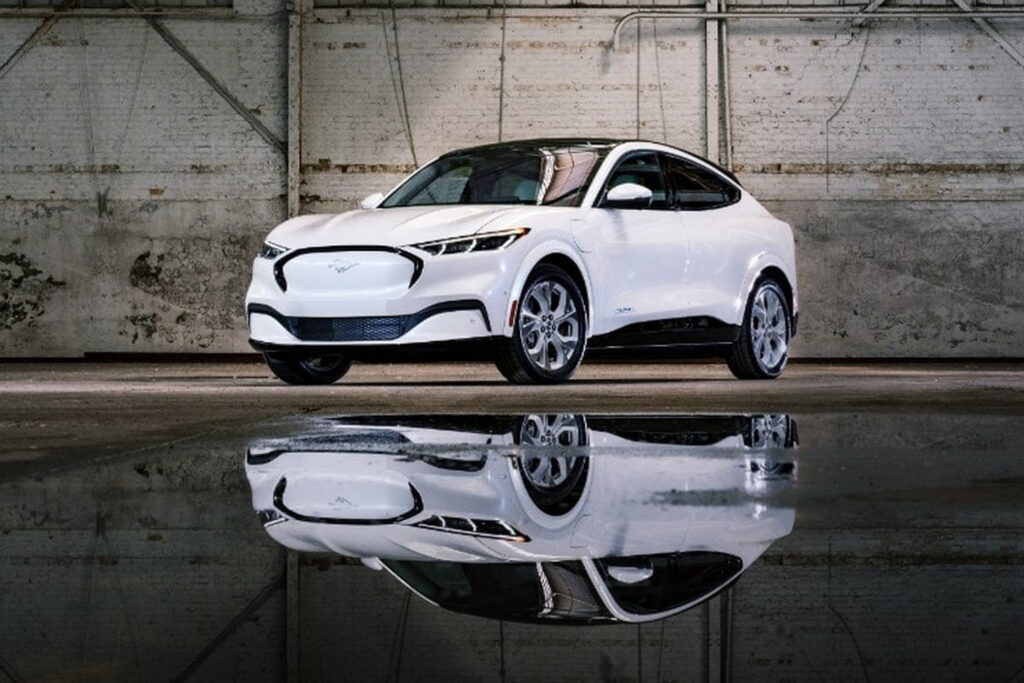
However, automakers are having a hard time meeting consumer demands. Autonews reports that Ford loses thousands of dollars on every it EV it sells before incentives. While it can lean on its internal combustion vehicles to offset those losses, the company’s CFO has said that its electric division will have to be profitable on its own for the business to work.
“Across the board, there’s a need for, and a direction toward, a reduction in pricing at a time where that doesn’t make a lot of financial sense for the OEMs,” Rick Wainschel, VP of data and analytics at Cloud Theory, told Autonews. “I think Ford had to do what they did; they’re really in a bit of a bind to clear out those Mach-E’s. It was a necessary evil, in a way. But it worked.”
Even with these improvements, Wainschel warms that Mustang Mach-Es still spend longer on dealer showrooms than internal combustion vehicles. However, the improving performance does at least suggest that consumers want EVs if the price is right.



